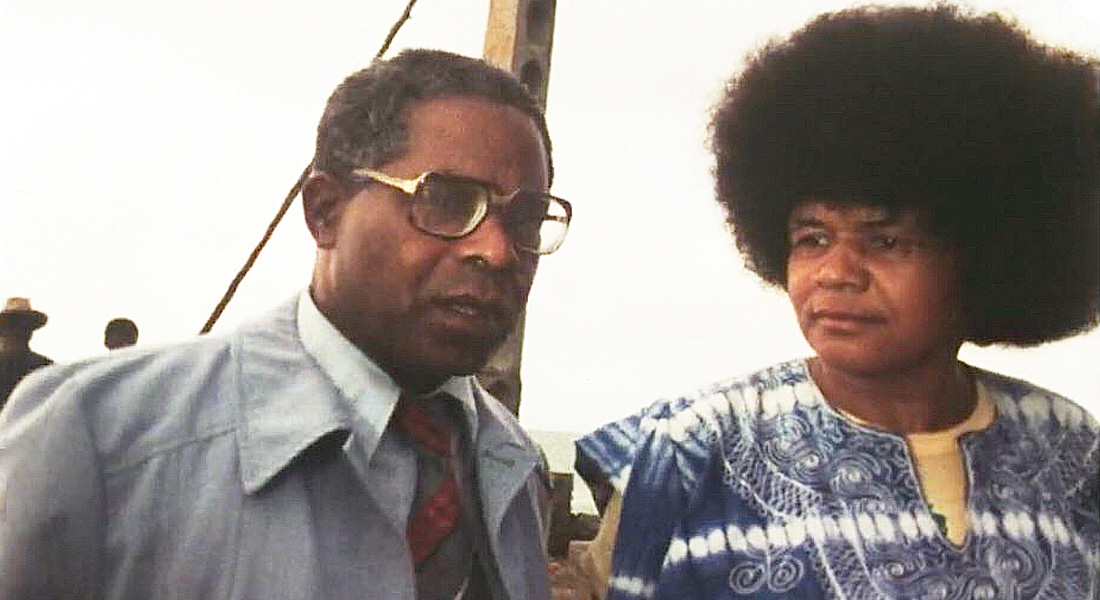Forum Lectures #29: Jackqueline Frost
Aimé Césaire’s Anticolonial Humanism as Species Autopoiesis
In this talk, Jackqueline Frost will establish the socio-ecological, politico-aesthetic and strictly anti-foundationalist basis of Césaire’s notion of the human, revealing his new humanism to be predicated upon a poetic vision of the universal as species transformation.

Like his countryman Frantz Fanon, Martinican poet and politician Aimé Césaire stands out as an advocate of what is often called “new humanism.” This new humanism emerged in the context of anti-colonial struggles between France and the Caribbean in the mid-twentieth century. But as more-than-human and non-anthropocentric epistemologies take primacy in philosophical scholarship today, what is the value of Césaire’s anticolonial humanism and its commitment to universality? In this talk, I will establish the socio-ecological, politico-aesthetic and strictly anti-foundationalist basis of Césaire’s notion of the human, revealing his new humanism to be predicated upon a poetic vision of the universal as species transformation. To do so, I will draw upon the elaboration of Césaire’s notion of the human in the work of Jamaican philosopher Sylvia Wynter, reconstructing her concept of autopoiesis as a crucial Césairean inheritance. Such an intellectual-historical genealogy will allow us to better understand Césaire’s 1942 remark that “the revolution will be social and poetic or will not be.”
About Jackqueline Frost
Dr. Jackqueline Frost is a cultural and political theorist. Her research focuses on twentieth-century political aesthetics in the context of transatlantic decolonization and the Global Cold War. She is a teaching fellow in International Politics at the University of London Institute in Paris and was a postdoctoral researcher in ITEM’s Groupe Aimé Césaire at the École Normale Supérieure. She is also the author of several books of poetry in English and French.
Forum Lectures
Forum Lectures is a series of lectures by Danish and international thinkers and cultural workers reflecting on how art co-forms commonality. Forum Lectures bring thinking and shared study back to the university and invite public lectures on the last Tuesday of every month from 17:00 – 19:00. Please note that the lecture by Orit Halpern is exceptionally scheduled on the first Tuesday of April.
The initiative is hosted by the research group of the New Carlsberg Foundation research centre Art as Forum. Our researchers are occupied by a.o. the infrastructures of the arts, collective modes of production, the entanglement of political theory and aesthetic theory, assembling curation strategies, dematerialized art, acts of strategic separatism and temporality in digital art.
The lecture is free and open to everyone interested.
Map of South Campus
View directions.
View on map of the Faculty of Humanities - South Campus.
View map of South Campus (pdf).
